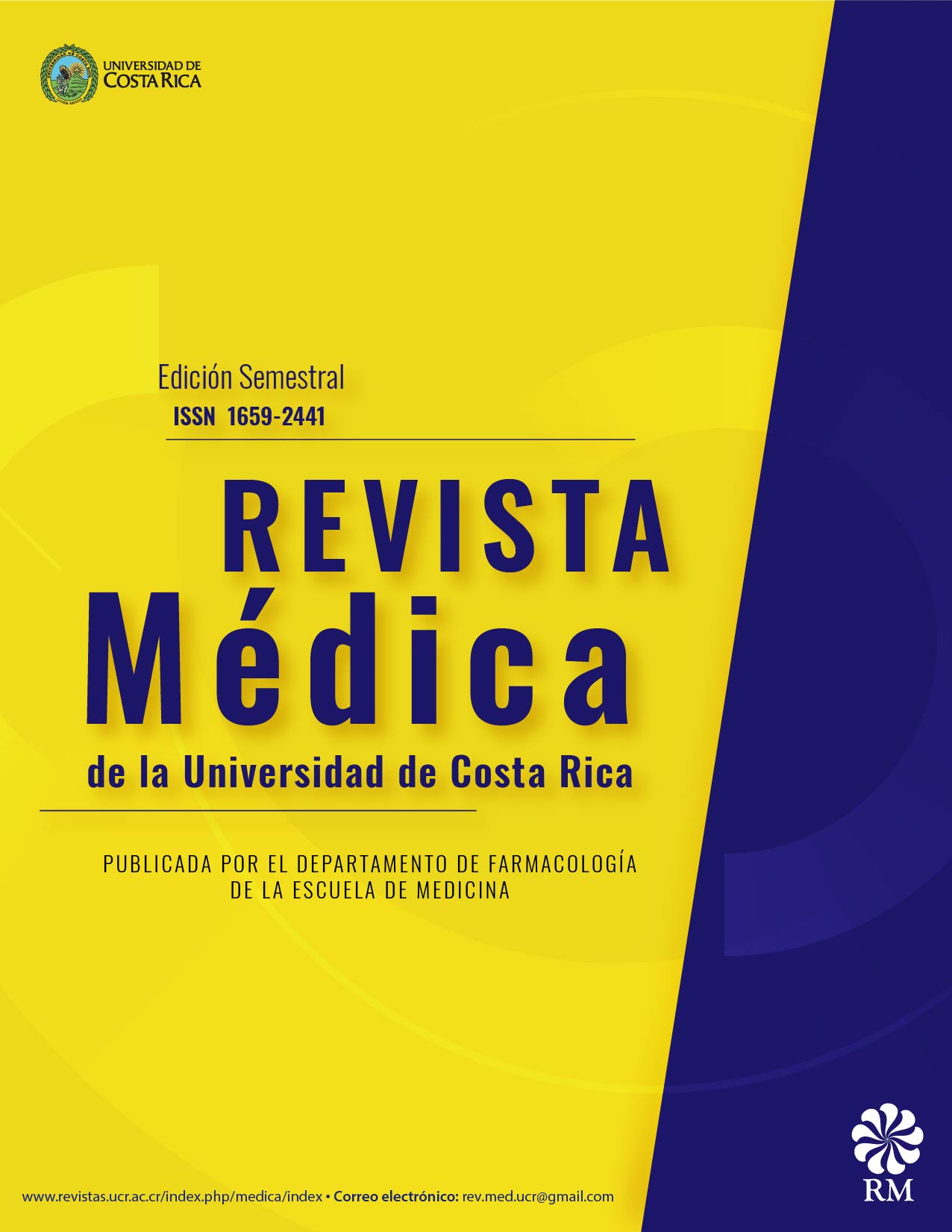Abstract
Blood transfusion confers obvious clinical benefits; however, it has some risks and adverse results if it´s not carried out under the strict controls that guarantee the safety of the donation, storage and adequate transfusion. Leukoreduction is the process by which leukocytes are removed from donated blood, and the current standards of the American Association of Blood Banks stablishes a residual value of white blood cells <5 × 106 per unit. The clinical benefit of the selective application goes into patients subjected to multiple transfusions, immunocompromised and interned in the Intensive Care Units. Universal leukoreduction consists of carrying out this procedure in all transfusions to any type of patient and the proven benefits are aimed at reducing febrile nonhemolytic reactions, HLA alloimmunizations and viral transmissions. From the medical point of view, universal leukoreduction seems to be justified, but the cost of implementation has to be considered. When estimating costs in Costa Rica based on the units collected in 2017, universal implementation would surpass $2 million, a significant investment for a middle-income country.

